New Delhi: IIT Delhi recently conducted the fourth edition of its Manasvi: STEM Mentorship Program for High School Girls, aiming to build early-stage interest in science and technology careers among schoolgirls from Delhi-NCR.
Held from May 13 to 17, the five-day program welcomed 100 students from Classes 9 to 12, primarily from public and government schools. It was organised by the IIT Delhi’s Office of Academic Outreach and New Initiatives.
The initiative sought to introduce girls to practical aspects of STEM (Science, Technology, Engineering and Mathematics), while also addressing the gender imbalance in technical fields through mentorship, workshops and peer learning.
Interactive Learning and Expert Sessions
Participants attended technical workshops and panel discussions with professionals from the medical and engineering sectors. A key session was led by Prof Jay Dhariwal at the MakerSpace Lab, where students assembled solar lamp kits, offering them first-hand experience of applying basic engineering principles.
The program also featured lectures from experts such as Dr. S. Arulselvi (JPNATC), Dr. Urvashi Yadav (AIIMS Delhi), and Dr. Lily Khosa (IITD Hospital), who discussed the intersections of science and public health. Social activist Nozomu Hagiwara addressed students on building resilience and maintaining focus in competitive fields.
Career Insights from ISRO Scientist
The event concluded with a keynote by Dr. Ritu Karidhal, ISRO scientist associated with India’s space missions Chandrayaan and Mangalyaan. She shared her career journey to provide students with a real-world perspective on scientific research and national space programs.
CSR Partnerships and Future Phases
The program was supported by Ratna Sagar, with Bharti Airtel Foundation sponsoring 25 students under its CSR initiative. According to IIT Delhi officials, two more sessions of the program are scheduled for October and December 2025.
This initiative forms part of IIT Delhi’s broader outreach to improve access to STEM education and increase diversity in scientific fields by targeting early-stage learners.







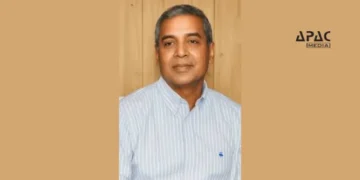
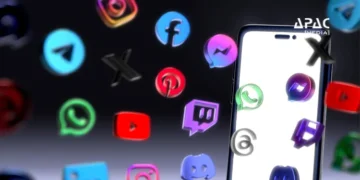
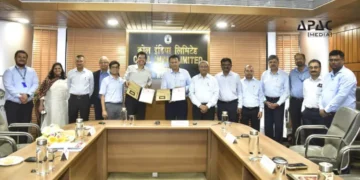


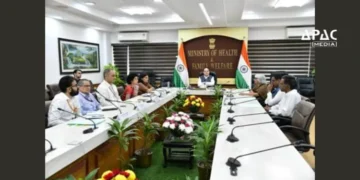
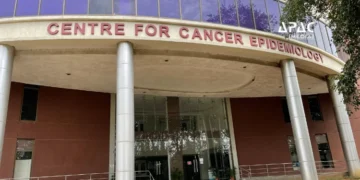

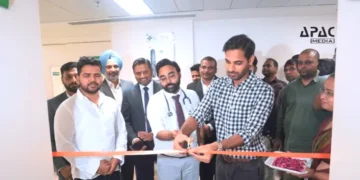


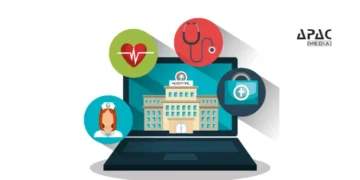
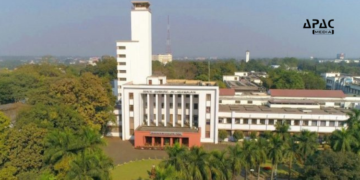
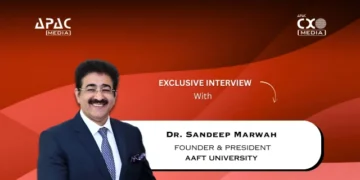

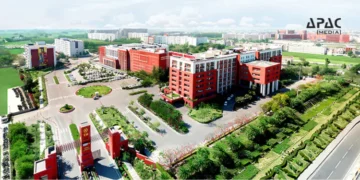
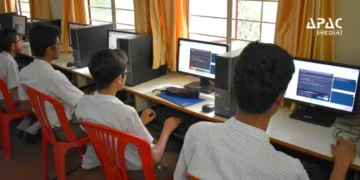
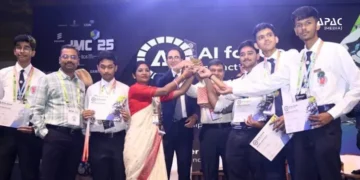
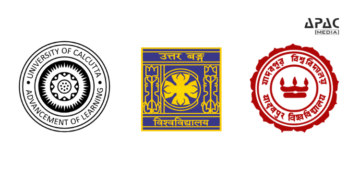
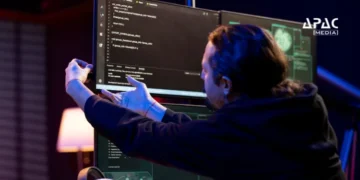
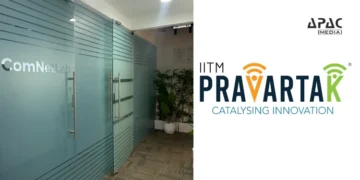
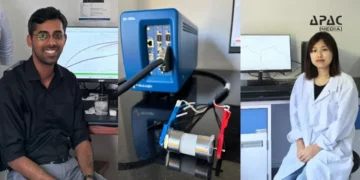
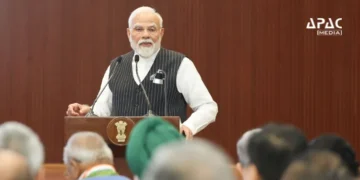

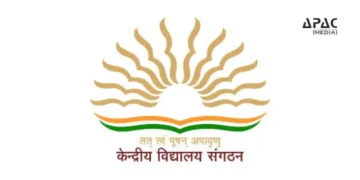

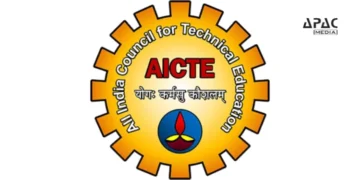

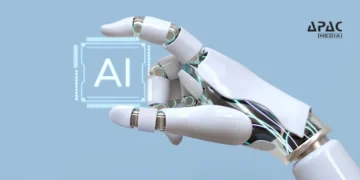
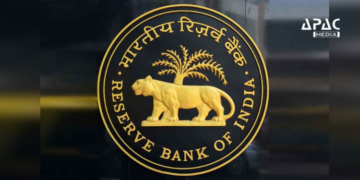
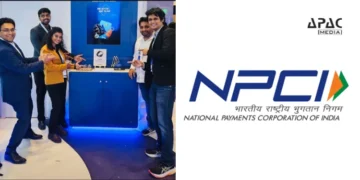


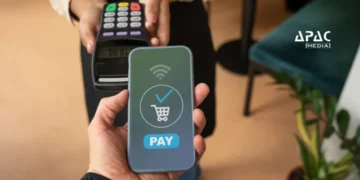

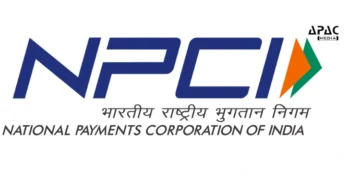
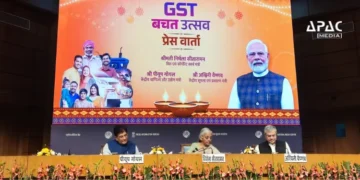
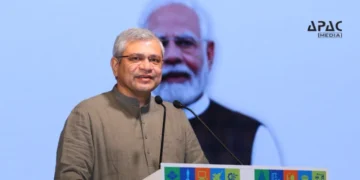
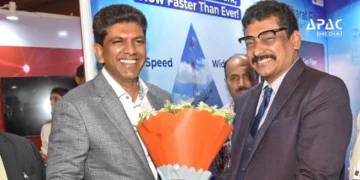
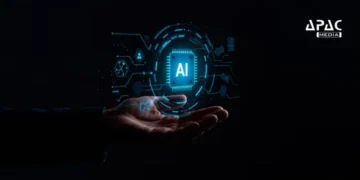
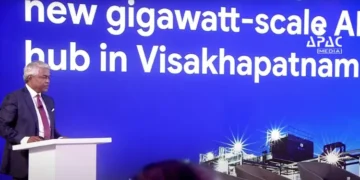
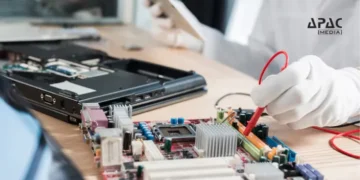




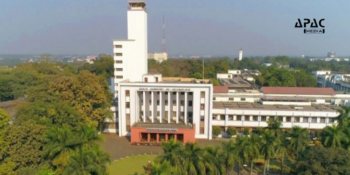










Discussion about this post